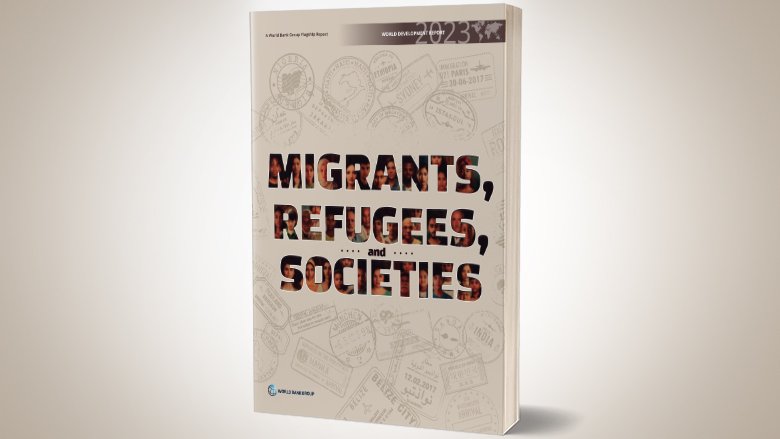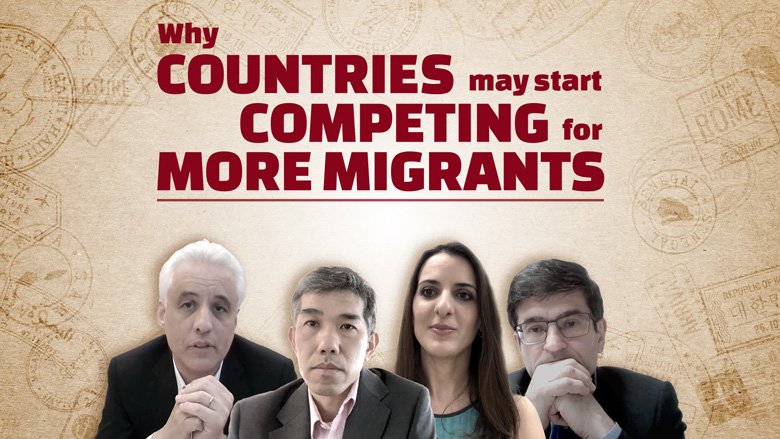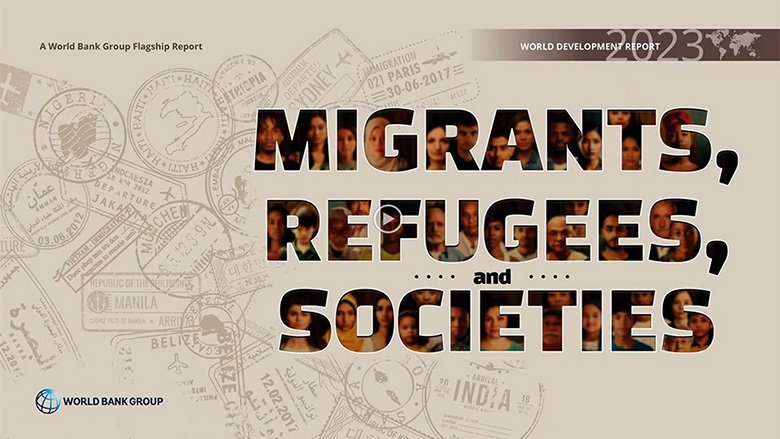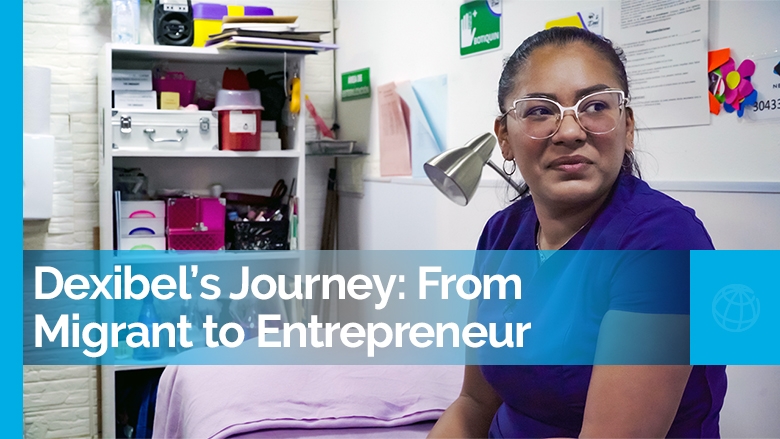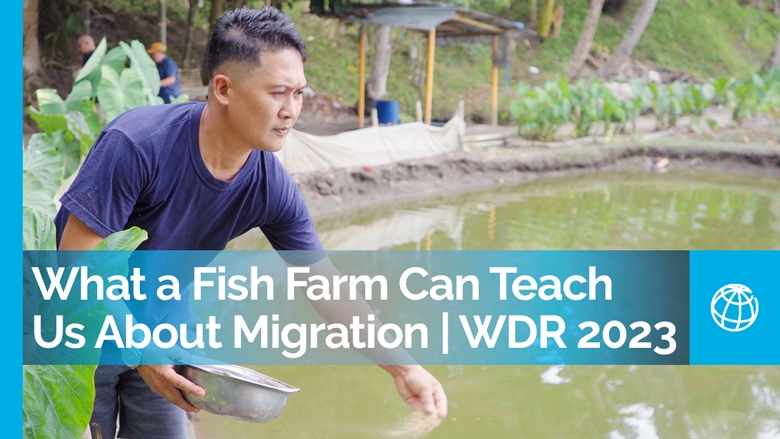MODULE DESCRIPTION
In an era marked by escalating global challenges, "forced displacement" stands out as a critical, evolving phenomenon, impacting an astonishing 108 million people worldwide as of 2023. This course delves into the intricate tapestry of this phenomenon, which has seen an exponential rise over the past four decades, driven by escalating conflicts and the intensifying threats of climate change. Our journey will be more than just an academic pursuit; it's a call to understand, empathize, and act.
We embark on a comprehensive exploration of forced displacement, unraveling its complexities and the urgent need to develop effective policies for supporting displaced populations and their host communities. This course is meticulously designed to provide a holistic understanding of the phenomenon. We will dissect its definition, scrutinize global statistics, and critically evaluate the policies and programs in place.
Our exploration transcends mere numbers and policies; it's an in-depth study into the latest research probing the multifaceted consequences of forced migration. We will investigate its impacts on origin countries, host nations, and delve into the diverse programs and policy stances adopted worldwide. Our analysis will not only highlight the economic repercussions but also illuminate the profound social and wellbeing implications of forced displacement..
LEARNING OBJECTIVES
This course is structured to empower you with the knowledge and skills to make a tangible difference. You will:
- Engage with Humanitarian Efforts: Gain practical insights into working with or alongside humanitarian organizations dedicated to designing and implementing programs for displaced populations.
- Master Cutting-Edge Research: Develop a nuanced understanding of the most recent and significant research surrounding forced displacement and its implications for shaping public policy.
- Foster Innovation and Knowledge: Identify and seize opportunities for creating new knowledge in this vital field, paving the way for innovative solutions.
AGENDA AND OUTLINE OF LECTURES
This is the tentative agenda for this module. While subject to refinement and adaptation to the needs of participants, the module is designed to consist of 6 modules to be taught over 2 to 3 days.
Lecture 1: Definitions and Global Figures
Our discussion will encompass a range of topics, including the exploration of legal frameworks that define refugees, asylum seekers, and internally displaced persons (IDPs), and how these are influenced by international laws and treaties. We will examine global statistics on forced displacement, focusing on the primary countries of origin and host nations, along with the available data. The difference between legal rights (de jure) and actual rights in practice (de facto) for these populations will be discussed, highlighting the challenges in bridging the gap between them. We will also analyze the characteristics of major host countries, considering their geographic, economic, and political contexts and their impact on hosting capacities. Lastly, we will delve into the complexities and challenges of international responsibility sharing, supported by relevant case studies..
Recommended reading:
- 2023 WDR ¡°Migrants, Refugees, and Societies (Chapter 2)
- Global Trends Report 2022 UNHCR
Lecture 2: Internally Displaced Persons (IDPs)
The discussion will delve into the unique challenges and rights of internally displaced persons (IDPs), setting them apart from other displaced groups. By examining various case studies, we'll gain insights into the internal dynamics and the responsibilities of states towards IDPs. Additionally, we'll explore the latest research findings in this area to understand the evolving landscape of issues and solutions related to internally displaced populations.
Recommended reading:
- 2023 WDR ¡°Migrants, Refugees, and Societies (Spotlight 7)
- Ib¨¢?ez, and A. Moya (2009). ¡°¡±. World Development 38(4): 647-663.
- Ib¨¢?ez, A.M. and C.E. V¨¦lez (2008) ¡°¡±, World Development 36(4): 659-676.
- Londo?o-V¨¦lez and Christian Posso (2023). "".
Lecture 3: Diversity of Policies/Rights for Refugees in Hosting Countries
The discussion will compare and contrast various national policies towards refugees, highlighting differences in the rights granted, integration strategies, and support systems across countries. It will also focus on examining the evidence about how these policies affect refugees' lives, including their impact on the host communities and the refugees' ability to integrate into these societies. The aim is to understand the broad spectrum of national approaches and their practical implications on both refugees and host societies.
Recommended reading:
- 2023 WDR Migrants, Refugees, and Societies, Chapter 7
- Social Protection and Refugees. Book: Social Protection Handbook. Authors: Andr¨¦s Moya and Sandra Rozo. Edited by: Ben Olken and Rema Hannah. 2023.
Lecture 4: Consequence of Forced Displacement for Migrants
The discussion will explore the multifaceted impacts of displacement on migrants, encompassing personal, social, and economic aspects. This includes delving into the mental health challenges, the distress of family separation, and the loss of livelihoods that often accompany displacement. Additionally, the conversation will extend to the long-term implications of these factors, not only for the displaced individuals themselves but also for their communities of origin. This comprehensive examination aims to understand the profound and lasting effects of displacement on both personal and community levels.
Recommended reading:
- 2023 WDR Migrants, Refugees, and Societies, Chapter 4
- Chiovelli, G., Michalopoulos, S., Papaioannou, E. and Sequeira, S., 2021. Forced Displacement and Human Capital: Evidence from Separated Siblings (No. 29589). National Bureau of Economic Research.
- Moya, A., 2018. Violence, psychological trauma, and risk attitudes: Evidence from victims of violence in Colombia. Journal of Development Economics, 131, pp.15¨C27.
Lecture 5: Consequences of Forced Displacement for Hosts
The discussion will analyze the economic impact of hosting refugees on host countries, focusing on aspects such as the effects on the labor market, the strain on public services, and the potential economic benefits that refugees might bring. It will also delve into various policy responses that have been adopted to address these economic challenges. Furthermore, the conversation will examine the social impacts on host communities, exploring changes in social dynamics, community relations, and the process of cultural integration, offering a comprehensive view of the multifaceted effects of hosting displaced populations.
Recommended reading:
- 2023 WDR Migrants, Refugees, and Societies, Chapter 6
- Verme, P. and Schuettler, K., 2021. The impact of forced displacement on host communities: A review of the empirical literature in economics. Journal of Development Economics, 150, p.102606.
Lectures 6: Evidence on the Effectiveness of Humanitarian Programming and Research Frontiers
The discussion will involve a detailed review of case studies focusing on humanitarian interventions in developed countries, assessing how effective these interventions are in meeting the needs of both displaced populations and their host communities. Additionally, the conversation will aim to identify the most cutting-edge topics and highlight the under-researched areas within the field of forced displacement studies. This approach seeks to uncover new insights and potential areas for future research, thereby contributing to a more comprehensive understanding of the challenges and solutions in managing forced displacement.
Recommended reading:
- Baseler, T., Ginn, T., Hakiza, R. and Woldemikael, O., 2023. Can Redistribution Change Policy Views? Aid and Attitudes toward Refugees in Uganda.
- Hussam, R., Kelley, E.M., Lane, G. and Zahra, F., 2022. The psychosocial value of employment: Evidence from a refugee camp. American Economic Review, 112(11), pp.3694-3724.
- Ib¨¢nez, A.M., Moya, A., Ortega, M.A., Chatruc, M.R. and Rozo, S.V., 2022. Life out of the Shadows: Impacts of Amnesty Programs on Migrant¡¯s Lives.

